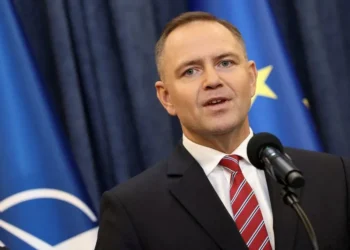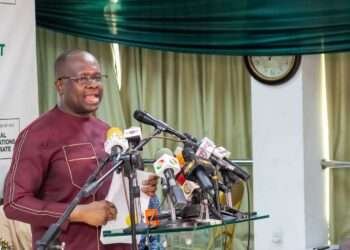Governor of the Bank of Ghana, Dr. Ernest Addison has confirmed that depositors of collapsed financial institutions have indeed been paid fully.
Dr. Addison said all customers of the nine collapsed banks have been paid their locked-up funds.
He made this revelation at a meeting with President Nana Akufo-Addo, who was on familiarization tour at the Central Bank.
“We had the [banking sector] reform in two phases. The first phase had to do with the banking system where we revoked the licenses of the banks. Depositors got their monies.”
Contrarily, he noted that, there were yet still some outstanding payments to be made to customers of collapsed microfinance companies, savings and loans, and finance houses.
According to Dr. Ernest Addison, the first phase of the banking sector clean-up involved the revocation of licenses of nine banks, for which all depositors were paid in full.
“The second phase has to do with the SDIs – these are the savings and loans, microfinance institutions and finance houses. In their case, for individual depositors who have been fully paid, the data that we have suggests that more than 95% of depositors have been fully paid.
“So there are just about 5% depositors who have large amounts, these are the high net worth individuals that were settled with loans which were to be retired over five years. So, we think that most of it has been done.”
The issue pertaining to GN Savings and Loans and First Allied Savings and Loans, also came to the fore of the conversation.
With this, the Governor noted that, over the last three weeks, all customers have been paid.
Also, the passage of a new corporate governance directive was highlighted by Dr. Addison as one of the first measures instituted to ensure a formidable banking sector, in hopes of averting a banking crisis.
“The second one has to do with misreporting of data, because of a lot of falsification of data by the financial institutions to the Central Bank. So we have brought in a new technology which will allow us to get the data directly from sources, so that no human interventions will be in there to distort the data that they send”.
He iterated the third step “has to do with the capital verification process, because a lot of the banks reported that they had capital when, in fact, they didn’t have any capital at all.”
He continued, “So we have reviewed the entire capital verification process of the bank, and it’s almost impossible now for us to have a bank that doesn’t have any capital, and yet it’s allowed to operate, and, of course, in addition to that, for all the staff of the banking solution department we have had a lot of training programmes with the IMF and other technical assistance have been provided.”























